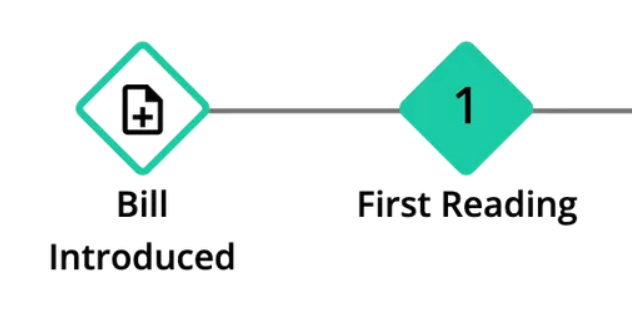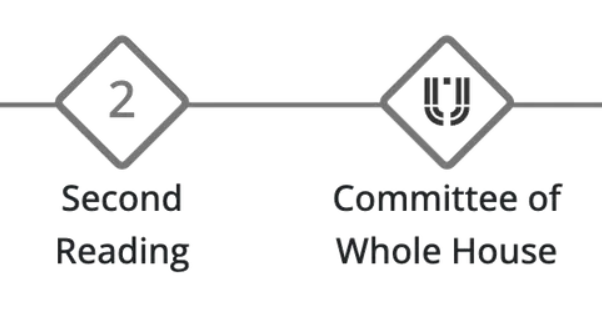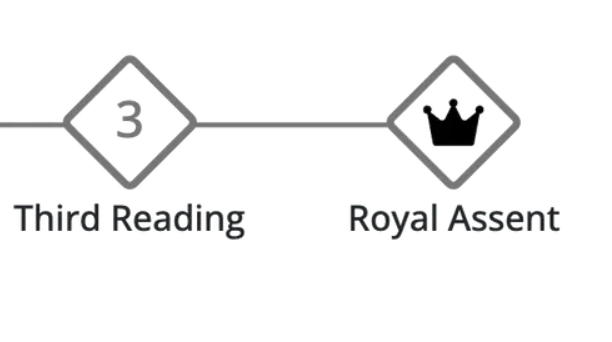The 4 Different Types of Bills:
Whether a new law is being made or an old law is being amended. There are several steps that parliament must follow to enable democracy to occur. Bills (proposed laws) go thorugh several stages, gicing MPs and the public the chance to have their say.
There are 4 kinds of Bills: Government, Members, Private, and Local.
Government Bills
These are the Bills we are most likely familiar with. The Government of the day creates or amends bills in line with it's party's or a coalition's philosophy.
Members Bills
Any member may propose a member’s bill, unless they are a Minister. Each member may only propose one member’s bill at a time. Members’ bills may deal with any matter of public policy, and since 1996 there have been no financial restrictions on their content. The Government does, however, have the right to veto any bill that would have “more than a minor impact on the Government’s fiscal aggregates if it became law”.
Private Bills
Private bills ask for a change to, or an exemption from, a law for the benefit of a particular person or group. They are promoted by individuals or groups seeking Parliament’s help to change how an existing law applies to them.
Local Bills
Local bills deal with matters confined to a particular locality. They are intended to change or limit the effect of the general law in its application to the particular locality concerned.









